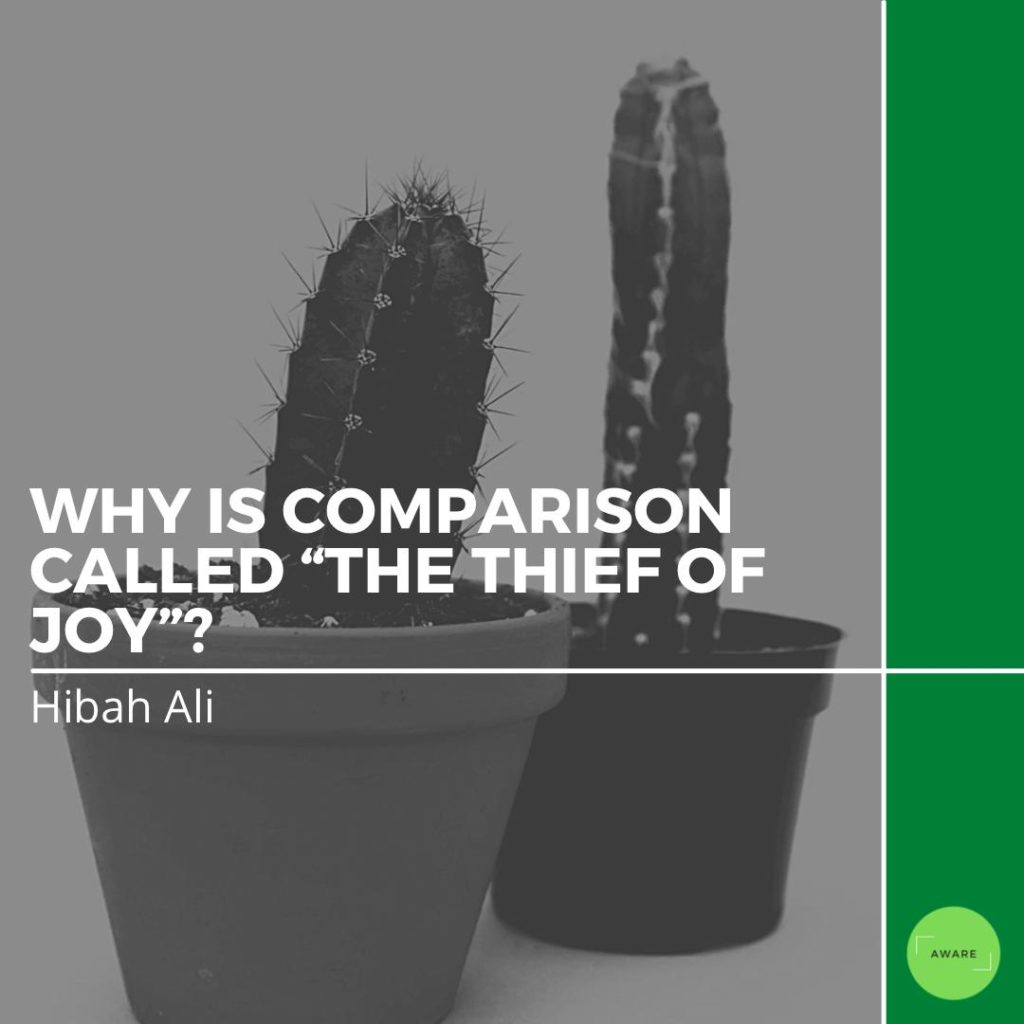We have all been in that position, whether it be scrolling through endless posts on social media of people posting the “best” time of their lives or listening to a friend discuss their latest triumphs in life. Internally, we begin to compare ourselves to the lives of others, creating an internal symphony of cognitive distortions where we are the primary orchestrator.
The Bigger Picture
Roosevelt coined the phrase “comparison is the thief of joy” and Mark Twain described comparison as the “death of joy”. Two widely renowned figures of history came to the same conclusion, indicating that they, too, experienced the agony of social comparison. According to the social comparison theory, individuals use social information about others to conclude their situations. Individuals evaluate their individual lives based on their knowledge about others, their status, success, and relative achievements. In the world we live in today, there is a vast amount of information that social media offers, which is consumed daily. We check our phones when we wake up, letting in a cacophony of alerts, noises, and news into our brains. This consistent information dumping leads to a cycle of constant comparison, mainly with the highlights of another person’s achievements. Social media can be a facilitator of this process, for instance, through platforms such as LinkedIn, Instagram, or Twitter.
Individuals tend to conclude that they are far worse off than others, which can create feelings of frustration, resentment, anxiety, and depression, providing an overall negative effect. However, it is crucial to keep our focus on the bigger picture, to understand that we see a version of others that they choose to present to us – a convoluted picture of their successes rather than understanding the journey they embarked on to reach their destination. We tend to focus on the outcome rather than trusting the process, viewing the narrative the other person portrays and chooses to put out there, not knowing the inner stories of turmoil and hardship.
Practicing Self–Compassion
Additionally, it is vital to identify why specific internal comparisons are triggering because that essentially acts as a mental signpost, highlighting a particular milestone we wish to achieve, a feeling to acquire, or somewhere a person can picture themselves being. Therefore, these emotions can act as a guiding mechanism to true inner passions and goals that wish to be accomplished. Rather than ruminating on why others have achieved these milestones, this introspection can be used as motivation to get to where the individual wants to be in life. Self-compassion is key to this process. Constant beratement and inner self-doubt are isolating processes. Ruminating over past failures and feelings of shame through constant comparison can lead to a sense of fear and paralysis. Therefore, it is crucial to connect genuinely with others, as we are often surprised by how many individuals are also experiencing the same negative feedback loop that needs to be overcome with self-compassion and connection.
